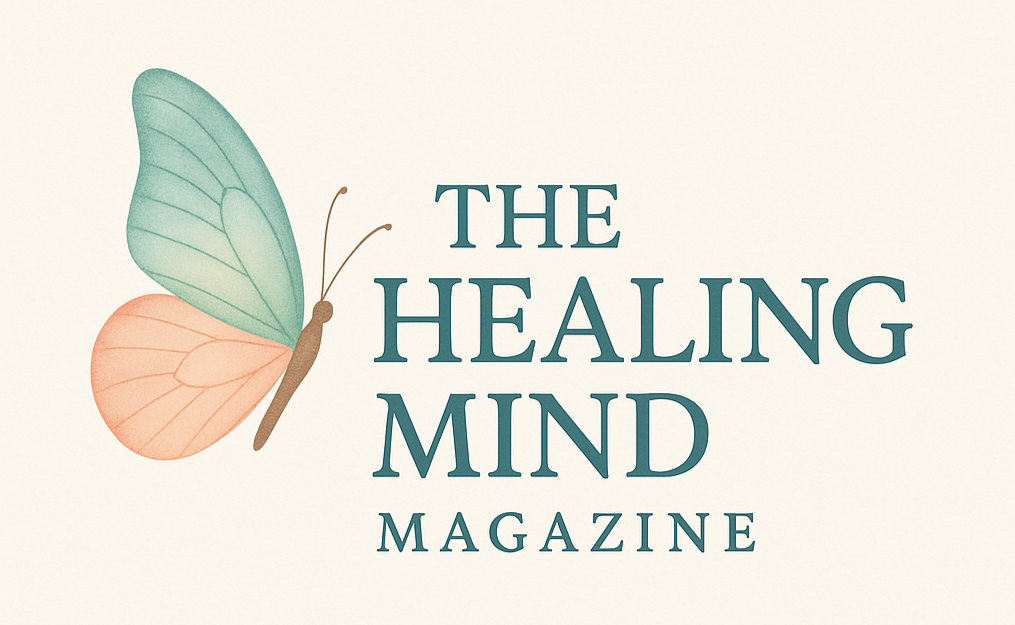Rest Isn’t Always Relief: Why We Wake Up Hurting
Sleep is meant to be our time of healing—a natural recovery process where both body and mind can reset. Yet for many, waking up doesn’t always mean feeling refreshed. Instead, it can mean tight shoulders, stiff backs, or aching joints. Why does this happen? And what does it say about the way our bodies—and lives—are functioning?
The Healing State of Sleep
During sleep, especially in the deep (non-REM) stages, the body releases hormones that promote tissue repair and muscle growth. Blood pressure drops, heart rate slows, and the brain’s activity shifts into patterns that support detoxification and emotional processing. In theory, it’s the perfect setup for restoration.
Your muscles are not active, and your nervous system shifts into a calmer state, allowing inflammation to decrease and energy to be conserved. Yet, the very stillness that heals us can also lead to discomfort—especially when something isn’t aligned properly.
Why Pain Happens After Sleep
Waking up sore or stiff doesn’t necessarily mean you slept poorly—it may reflect how you slept, what stress your body was under before bed, or even how your mattress supports you. Here are common reasons why pain follows rest:
-
Poor Sleep Posture:
Just like standing or sitting in an awkward position too long, sleeping with your neck tilted, back twisted, or hips unsupported can cause tension. Your body stays in this position for hours without movement, which can lead to muscle fatigue or joint compression. -
Tension Held from the Day Before:
Emotional stress often translates to physical tightness, especially in the shoulders, jaw, or lower back. If you go to bed carrying that stress, your muscles don’t fully relax—and you may wake up feeling like you’ve been clenched all night. -
Inadequate Mattress or Pillow Support:
If your bed doesn’t provide the right level of support or alignment, your spine and joints may be under subtle strain throughout the night. -
Inflammation or Chronic Conditions:
Conditions like arthritis, fibromyalgia, or even old injuries can flare up after a period of stillness. Inflammation tends to build when the body isn’t moving, which is why morning stiffness is common. -
Dehydration or Nutrient Deficiency:
Lack of magnesium, potassium, or hydration can contribute to nighttime cramps or morning soreness. Your muscles need adequate fuel and hydration to rest and recover properly.
How to Wake Up Feeling Better
-
Stretch Before Bed and After Waking: Gentle stretching helps reduce tightness and encourages circulation.
-
Check Your Sleep Setup: Your mattress should support the natural curve of your spine. Your pillow should keep your head in line with your neck and shoulders.
-
Address Emotional Stress: A calm mind helps create a relaxed body. Consider a short mindfulness practice or journaling before sleep.
-
Hydrate and Nourish: Drink water and ensure your diet supports muscle recovery and joint health.
-
Move During the Day: Regular movement keeps your body from stiffening up during the night. Sedentary days often lead to sore mornings.
In the End, the Body Whispers
Pain after sleep is often your body’s way of whispering something deeper—it might be asking for better care, better alignment, or simply a release from the tension carried silently each day. Sleep is a reset, but it works best when we set the stage well.

Mary Smith – Writer – Finance, Relationships, Our Companions, Art & Culture







